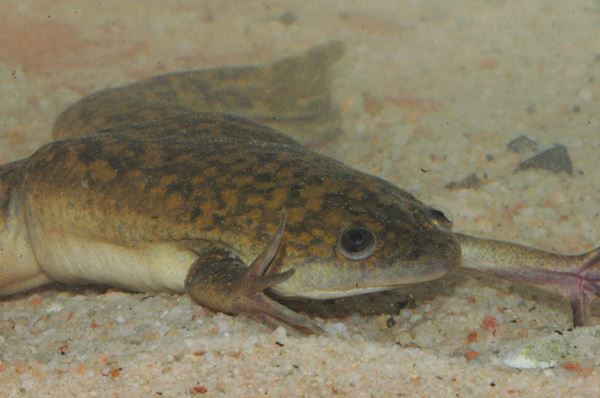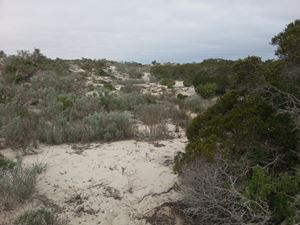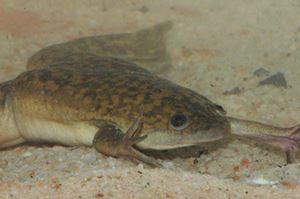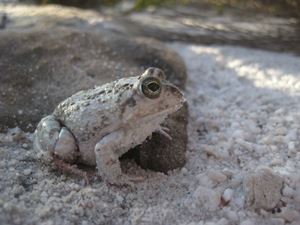Differentiating the dietary niche of fish and aquatic frogs
Differentiating the dietary niche of fish and aquatic frogs
The African Clawed Frog (Xenopuslaevis) is one of the world's most widely distributed amphibians with invasive populations having become established on four continents due to both accidental escape and voluntary release of laboratory animals. In general, these frogs are absent when fish are present, and vice versa. The Sundays River valley provides a natural situation where impoundments are regularly inhabited by fish or frogs, but rarely both. In this project, the student will sample frogs, fish and available macroinvertebrates within a SAIAB team about one hour from campus. The student will compare stomach contents using a dissecting microscope and determine the level of niche overlap between competing species. This project will suit a student who is interested in ecological functioning and has ambition to publish their work. This project is eligible for a bursary from the DST-NRF Chair in Shallow Water Ecosystems (Prof Renzo Perissinotto).
Project Info
- Date | 13/05/2015
- Category | Honours Projects



